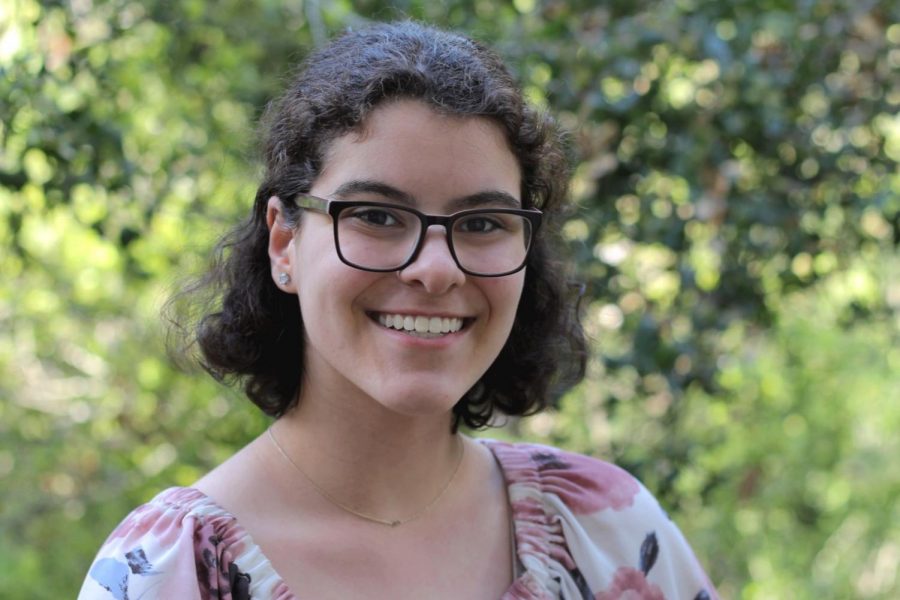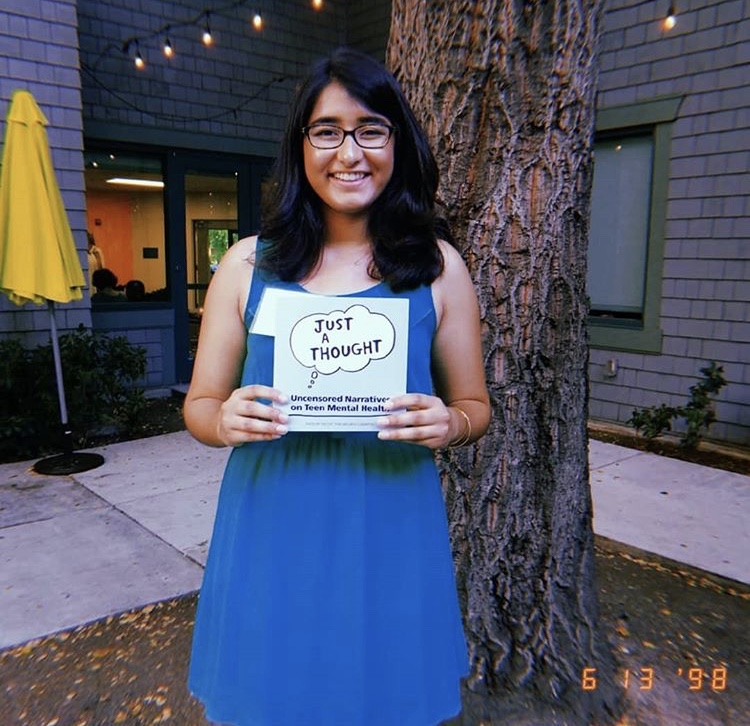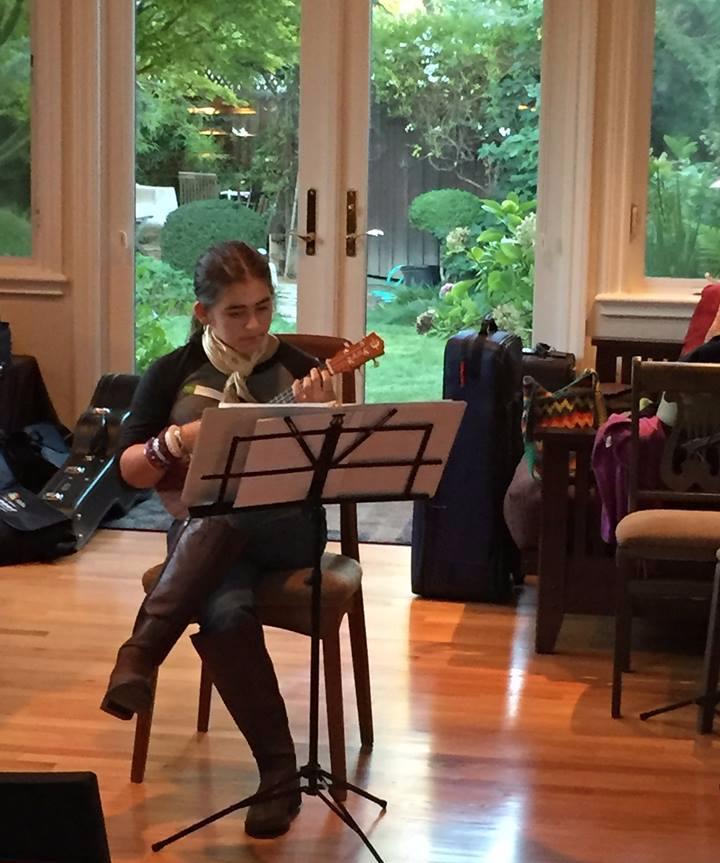Compiled by Liza Kolbasov
The Oracle: What is the crisis text line? How does it work?
Libby Craig: The crisis text line, we provide free, 24/7 confidential crisis support by text message. SO, a person who’s in crisis, dealing with anything from anxiety, to stress about a test, to being upset about anything that they’re struggling with, they can text 741741 and they’ll be matched with a trained crisis counselor who helps them move from a hot moment of crisis to a cooler, calmer place through listening to them, providing resources, and empowering them to come up with a plan.
TO: How is the crisis text line special?
LC: I think it’s really accessible. I know that all of us, students and people who are older are using their phones and texting more and more, so I think it’s really an accessible, comfortable place that they can reach out to for anonymous support when it may be hard to voice what’s going on, when you might not be ready to tell someone that you personally know, it’s a great place to go to get help.
TO: What do the counselors hope to achieve while texting the student?
LC: We hope to make it easier for people to reach out for help. We want to meet people where they are, which as I’ve mentioned was on their phone. We think hotlines over the phone are incredibly useful for people who are willing to reach out over the phone, but we’re trying to reach people who may not be willing to have a phone call, but they might be more comfortable by text.
TO: How does the text line help students?
LC: We’re really there to provide space for that person in crisis to share and unbend and explain what’s going on. A lot of times, our texters in crisis feel like they don’t have anyone to listen or have nowhere to turn, we’re definitely that platform where they can just kind of share everything that’s going on. Our crisis counselors validate what texters are going through, so thing like “it’s understandable that you’re feeling overwhelmed, that’s a lot to handle.” They provide strength identification, so identifying the students strengths: “it’s really great to text in” or “sounds like you’re a really caring friend.” We’re not there to give advice, to tell you what to do or prescribe something. We’re really there to listen and then empower you to make a plan. SO what that looks like is, we call it collaboratively problem solving, so rather than saying “go write in a journal, it will help you feel better,” our crisis staff will ask people, “in the past when you’ve felt overwhelmed, what’s helped you calm down?” That’s really different for every person, and we want to figure out what you need to do, whether that’s walking your dog, or playing video games, or listening to music. We’re really trying to empower the texter to then come up with their own plan, and we’re helping guide them there.
TO: Can students text the text line if they are worried about someone else?
LC: People can text crisis text lines even if they’re worried about a friend. We have a lot of third party texters who are worried about what’s going on with a friend and they might be a support system for that friend. When we talk to third party texters, one of our big roles is to really check in with that person, saying something like “we know that being a support system for someone can be really tough, how are you holding up with this?” Someone in that situation may be feeling in a moment of crisis as well. It can be easier for people to reach out sometimes if they are reaching out for a friend. They can reach out for anything and it’s a good idea for students to save the number in their phones for when they need it.
TO: What else can students do to feel better in a moment of crisis?
LC: I think it’s really unique to every person, but I think taking to someone really helps, whether it’s a friend, a teacher, a trusted adult, a counselor, a therapist, or a crisis textline, if you want to reach out that way. So I think talking to someone, sharing what’s going on really helps. For me personally, doing yoga and meditation are some of my favorite self-care activities when I’m feeling overwhelmed.
TO: What other resources are available for students?
LC: We also have a website where we share trends from what we see. We’ve exchanged 45 million messages with people in crisis, so we have a lot of data. We’re a national line, not just for people in the bay area. So we have this website where we share trends on the things we know. For example, the worst day of the week for suicidal ideas is Sundays, versus the worst day of the week for stress and anxiety is Wednesdays. We also know about times of day, so substance abuse conversations actually peak around six am, versus conversations about depression peak around 11 pm. So it’s an interesting website: crisistrends.org, which people might want to look at. You can see trends for California.











